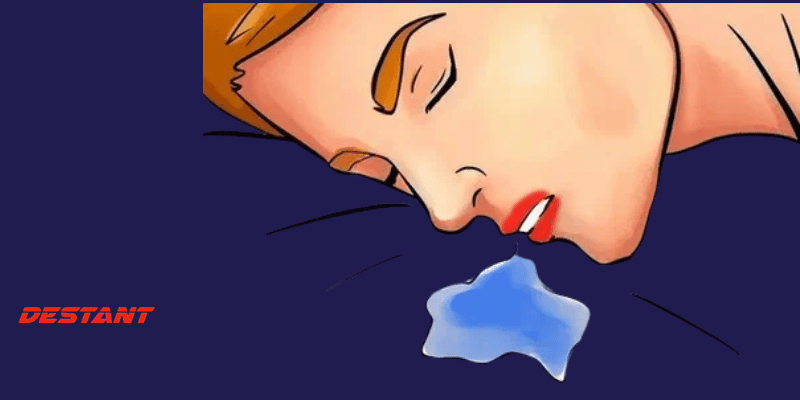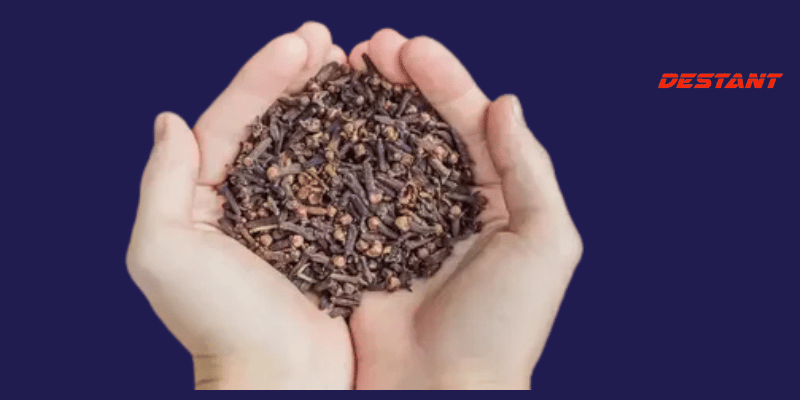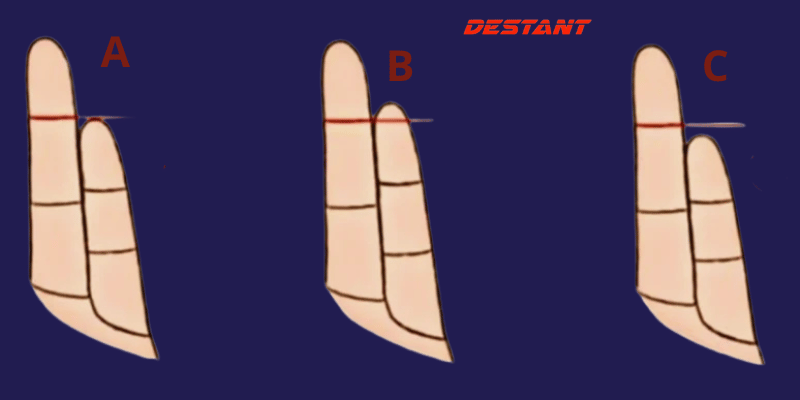Have You Ever Noticed Saliva On Your Pillow After Sleeping? The Cause Will Surprise You!
Have you ever wondered about that thin layer of saliva on your pillow when you wake up? Drooling in the morning while sleeping, a common condition for many, can hold valuable clues about a person’s health. Although it is often considered the norm, it may indicate underlying problems.
Definition of drooling in the morning:
Morning drooling is a form of sleep disturbance that can be a source of embarrassment, especially for children while their teeth are developing. While babies may drool while awake and asleep, adults may notice a wet pillow upon waking. This phenomenon can be linked to diseases that lead to increased saliva production, affecting millions during their night’s rest.
Common causes of drooling in the morning:
Sleeping on one side continuously:
Continuously sleeping on one side, whether right or left, may force the mouth to remain open during sleep, resulting in saliva dripping onto the pillow.
Sinusitis:
Sinusitis, which causes difficulty swallowing and breathing, can contribute to drooling during sleep. Cold symptoms, which force mouth breathing due to nasal congestion, exacerbate the problem.
Heartburn or esophageal reflux:
Excessive saliva production may result from acidity or GERD, which stimulates stomach acid production, thus increasing saliva.
Allergy or poisoning:
Nasal and food allergies, along with pesticide poisoning, can lead to excessive drooling. Severe cases may pose life-threatening risks, requiring immediate medical attention.
tonsillitis:
Inflammation of the tonsils and throat glands restricts the production of saliva, which accumulates in the back of the throat, contributing to drooling during sleep.
Dental problems:
Gum infections, dental problems, and other dental health problems can lead to increased saliva production.
Congenital oral defects:
Congenital mouth defects, such as an enlarged tongue or swollen lymph nodes, may lead to drooling. Avoiding side sleeping can alleviate this problem.
Side effects of medications:
Some medications, including antidepressants and antidepressants, may increase drooling.
Neurological disorders:
Neurological disorders such as facial paralysis, Parkinson’s disease, Alzheimer’s, stroke, autism, amyotrophic sclerosis, or multiple sclerosis can cause difficulty controlling saliva.
Other factors:
He notes that pregnancy-related acidity is a possible cause.
Treatment for drooling in the morning:
Identifying the specific health problem causing drooling is crucial to getting effective treatment. Consulting a doctor in cases of allergies, poisoning, sinus infections, dental problems, nerve infections and other possible causes is the first step. Additional strategies include:
Sleeping on your back:
Changing your sleeping position to lying on your back can redirect saliva to the back of the throat, preventing excessive drooling.
Head support:
Supporting the head while sleeping in an upright position can help prevent drool from drooling during sleep.
Consult a doctor regarding medications:
Discuss medication side effects with your doctor and explore alternative options if necessary.
Breathing through the nose:
Encouraging nasal breathing can reduce the likelihood of mouth breathing during sleep.
Deep breathing exercises:
Incorporating deep breathing exercises into your daily routine can improve breathing patterns and manage stress.
Allergy management:
Treating allergies in ways that do not affect nasal breathing.
patience:
Realizing that treating drooling may take time, incorporating relaxation techniques, such as warm drinks, can help with the process.
Additional recommendations from the Mayo Clinic include facial exercises and facial massage with lavender oil to relax muscles and reduce sagging during sleep, which contributes to less drooling.



